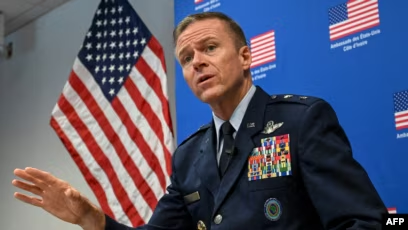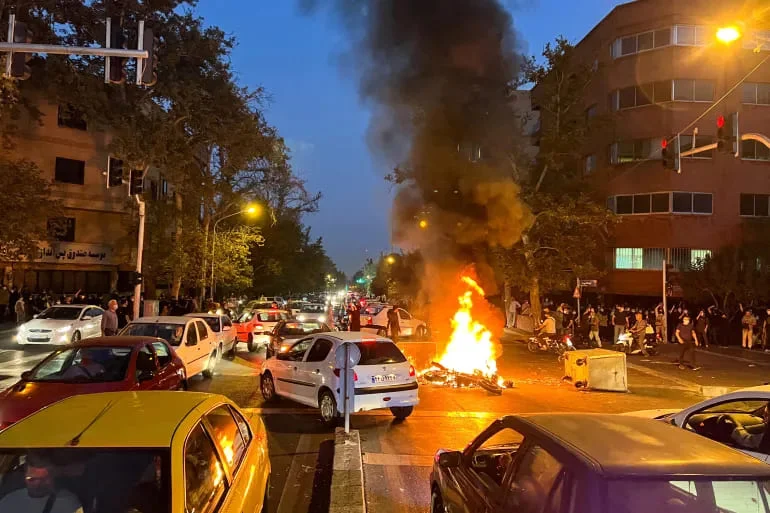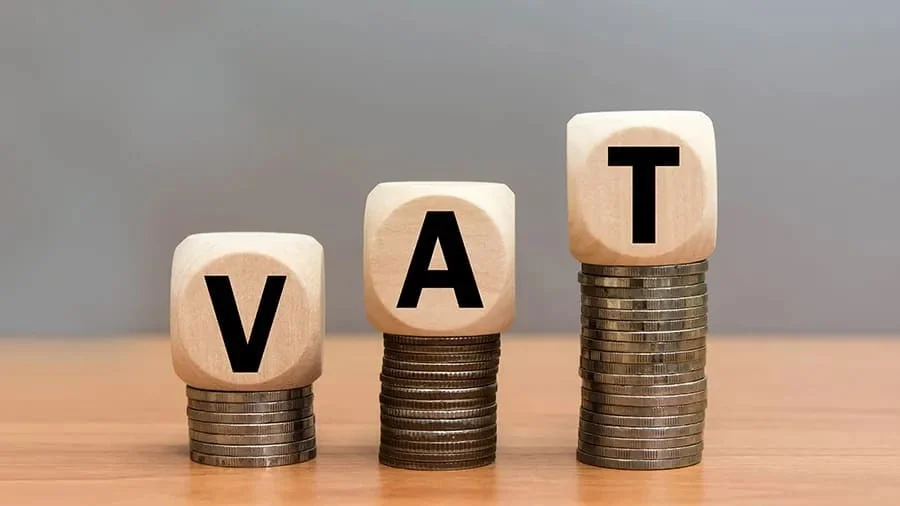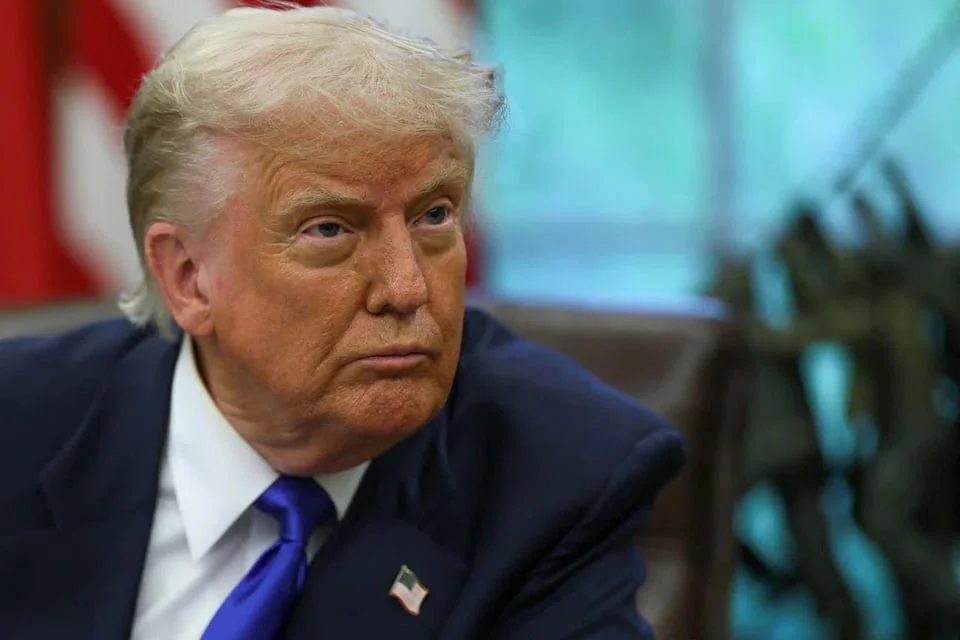The United States is actively planning long-term assistance for Côte d’Ivoire, Benin, and Togo in response to the growing threat of jihadist violence spreading from the Sahel to the coastal regions of West Africa. Officials from U.S. state security have emphasized that Western support is vital to counteract the influence of mercenaries from the Russian private security firm Wagner Group, particularly in countries like Mali, where they are described by local authorities as “military instructors.”
During a visit to Ghana in March, U.S. Vice President Kamala Harris announced a commitment of $100 million over the next ten years to help build resilience in West Africa’s coastal regions. This funding is part of broader U.S. efforts to bolster security and stability in the face of escalating threats.
Michael Heath, the Assistant Secretary of State for West Africa, highlighted concerns regarding the capabilities of current governments in the region, which have not faced such threats before. Following a recent trip to the region with other State Department officials to assess the needs of these countries, Heath noted, “We’re trying to see what tools they need.” He cautioned that while the Wagner Group is not yet present in these coastal countries, they are actively seeking opportunities to exploit instability.
U.S. State Department officials are particularly concerned that violence could spill over from the Sahel into coastal areas if not addressed. However, they also recognize that local factors—such as competition for resources exacerbated by climate change—can contribute to instability.
Gregory LoGerfo, a senior State Department official in charge of counter-terrorism, stated that the U.S. aims to assist governments that prioritize a holistic approach and good governance to tackle issues in the northern territories, where resources are more scarce. This comprehensive strategy is intended to prevent further destabilization and promote security in the region.























